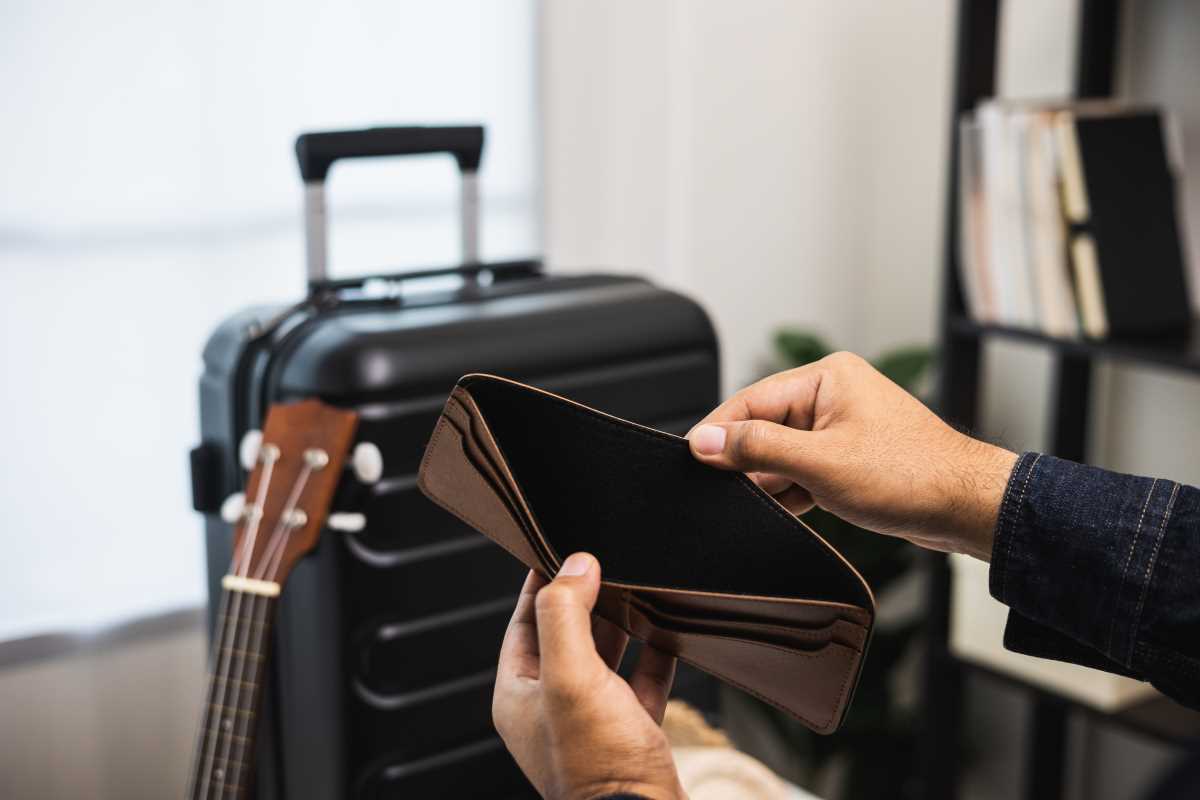Traveling overseas is an exciting adventure, but it also requires careful financial planning to ensure your trip goes smoothly. Whether you’re traveling for business, pleasure, or an extended stay, making the right money moves before you can save you from unexpected costs and hassles. These are some smart financial steps before you pack your bags and head to another country.
Notify Your Bank and Credit Card Companies
One of the most important steps before traveling abroad is to inform your bank and credit card companies of your travel plans. This will prevent your cards from being flagged for suspicious activity when purchasing in foreign countries.
- Contact your bank and credit card providers to let them know the dates and destinations of your trip.
- Check for international transaction fees: Some banks and credit cards charge fees for using your card abroad. Look for cards with no foreign transaction fees to save on unnecessary costs.
- Ask about ATM withdrawal fees: Some banks charge high fees for using ATMs outside your home country. Research banks that have partnerships with international ATMs to avoid hefty withdrawal charges.
Set Up a Travel Budget
Creating a travel budget is key to managing your finances abroad. Setting a realistic budget will help you avoid overspending and ensure you can cover all your expenses. Here’s how to get started:
- Estimate your daily expenses: Include costs for accommodation, food, transportation, entertainment, and activities. Be sure to consider exchange rates when estimating costs.
- Account for emergency expenses: Set aside a portion of your budget for unexpected situations, like medical expenses, travel delays, or last-minute purchases.
- Consider prepaid travel cards: Using prepaid cards like a travel money card or a virtual debit card can help you stick to your budget and avoid carrying large amounts of cash.
Research Currency Exchange Rates
Currency exchange rates can fluctuate, and understanding them will help you make better decisions about when and how to exchange money.
- Check exchange rates: Before you leave, check the current exchange rates to get an idea of what the local currency is worth compared to yours.
- Avoid airport exchanges: Currency exchange booths at airports typically offer poor rates and charge high fees. Instead, look for better exchange options before you depart or arrive at your destination.
- Use a credit card for purchases: Many credit cards offer favorable exchange rates with no foreign transaction fees, making them a good option for larger purchases abroad.
Prepare for Healthcare Costs Abroad
Healthcare in some countries can be expensive for tourists, so it’s important to ensure you’re covered in an emergency. Here are the steps you should take:
- Get travel insurance: Purchase a comprehensive travel insurance policy that includes health coverage. This will protect you in case you need medical attention while abroad.
- Check your existing health coverage: Some health insurance plans may provide limited or no coverage outside your home country. Contact your insurance company to see what is covered or if you need supplemental coverage.
Set Up Auto-Pay for Bills and Expenses
If you’ll be away for an extended period, ensure your bills and other financial obligations are covered while you’re gone. Setting up automatic payments will help prevent late fees and keep your financial situation on track.
- Set up auto-pay for recurring bills: Arrange for utilities, subscriptions, and loan payments to be automatically deducted from your bank account or credit card.
- Monitor accounts regularly: If you can access online banking, check your accounts occasionally to ensure everything is being paid as scheduled.
Make Copies of Important Documents
If something goes wrong during your trip, you must have copies of important documents, such as your passport, visa, travel insurance, and emergency contacts.
- Make physical and digital copies: Create photocopies of key documents and store them separately from the originals. You can also store digital copies in a secure online storage service or email them to yourself.
- Include emergency contacts: Write down the contact information for your embassy, consulate, local emergency services, and any local friends or family members.
Notify a Trusted Person of Your Travel Plans
Let someone you trust know your travel itinerary and how to contact you in an emergency. This will provide you with an extra layer of security.
- Share your travel itinerary: Leave details about your flight, accommodations, and planned activities with a friend or family member.
- Set up a check-in routine: Arrange a schedule to check in with the person, whether it’s by phone, email, or text. This will give them peace of mind and allow them to help in an emergency.







.jpg)